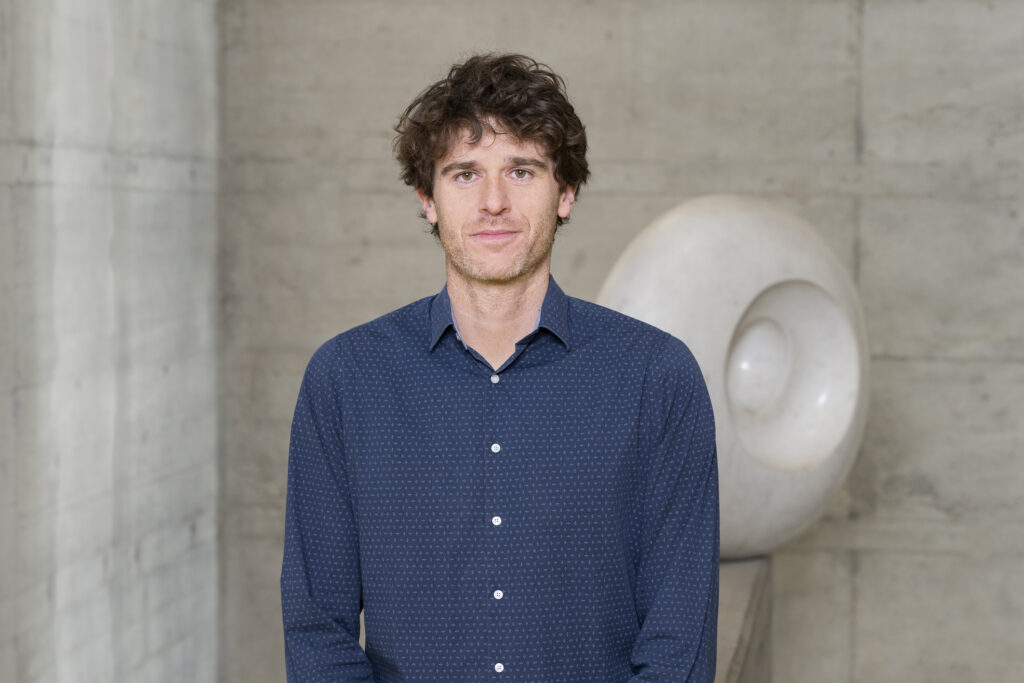ChatGPT is also sparking intense debate in educational research and is increasingly becoming the subject of scientific investigation itself. But what do we actually know about how well AI helps with learning? In the latest episode of Schampar digital, we talk to Joshua Weidlich, DIZH bridge professor at the University of Zurich and PH Zurich. A LinkedIn post by him sparked a broad discussion about the hype surrounding ChatGPT in research.
Joshua Weidlich explains why many studies jump to conclusions when they report positive learning effects without analyzing the actual use of ChatGPT in detail. He explains why measured learning success does not automatically mean sustainable learning and where research on artificial intelligence in higher education reaches its limits.
In the interview, he explains how ChatGPT can be used specifically for writing or practicing and what skills teachers need to meaningfully support such learning processes. Universities are also facing new challenges: exam formats need to be rethought, teaching and learning methods adapted, and the use of AI critically reflected upon.
Joshua shares his own experiences with ChatGPT as a personal prompting tutor and shows that AI can help with learning, but only if you know how to use it properly. Because learning should feel good, but it should remain challenging. Only then can sustainable learning success be achieved.

Joshua Weidlich is DIZH Bridge Professor for Digital Higher Education Didactics at the University of Zurich and the PH Zurich. He conducts research on the use of digital technologies to promote teaching and learning in higher education. Other topics include personalized feedback, feedback literacy, and learning analytics.
Further links
- LinkedIn post by Joshua Weidlich, who addresses methodological weaknesses in current studies on ChatGPT
- The criticism refers to the study by Deng et al.: Does ChatGPT enhance student learning? A systematic review and meta-analysis of experimental studies
- A methodological analysis that shows why many studies on ChatGPT effects come to premature positive conclusions: Paper by Weidlich et. al.: ChatGPT in Education: An Effect in Search of a Cause
Schampar Digital is a podcast produced by DIZH.
Hosts: Frank Richter and Jessica Reust